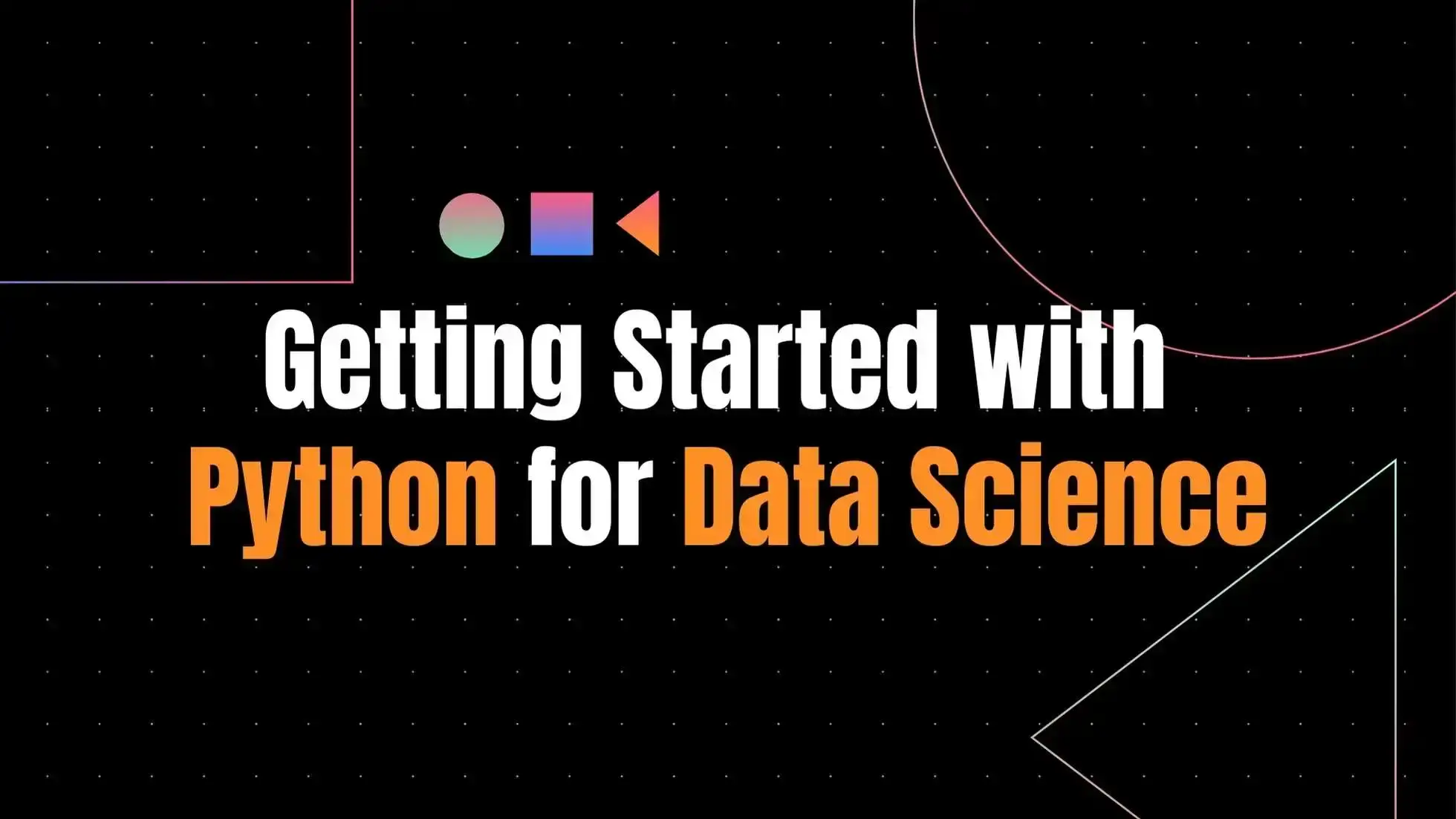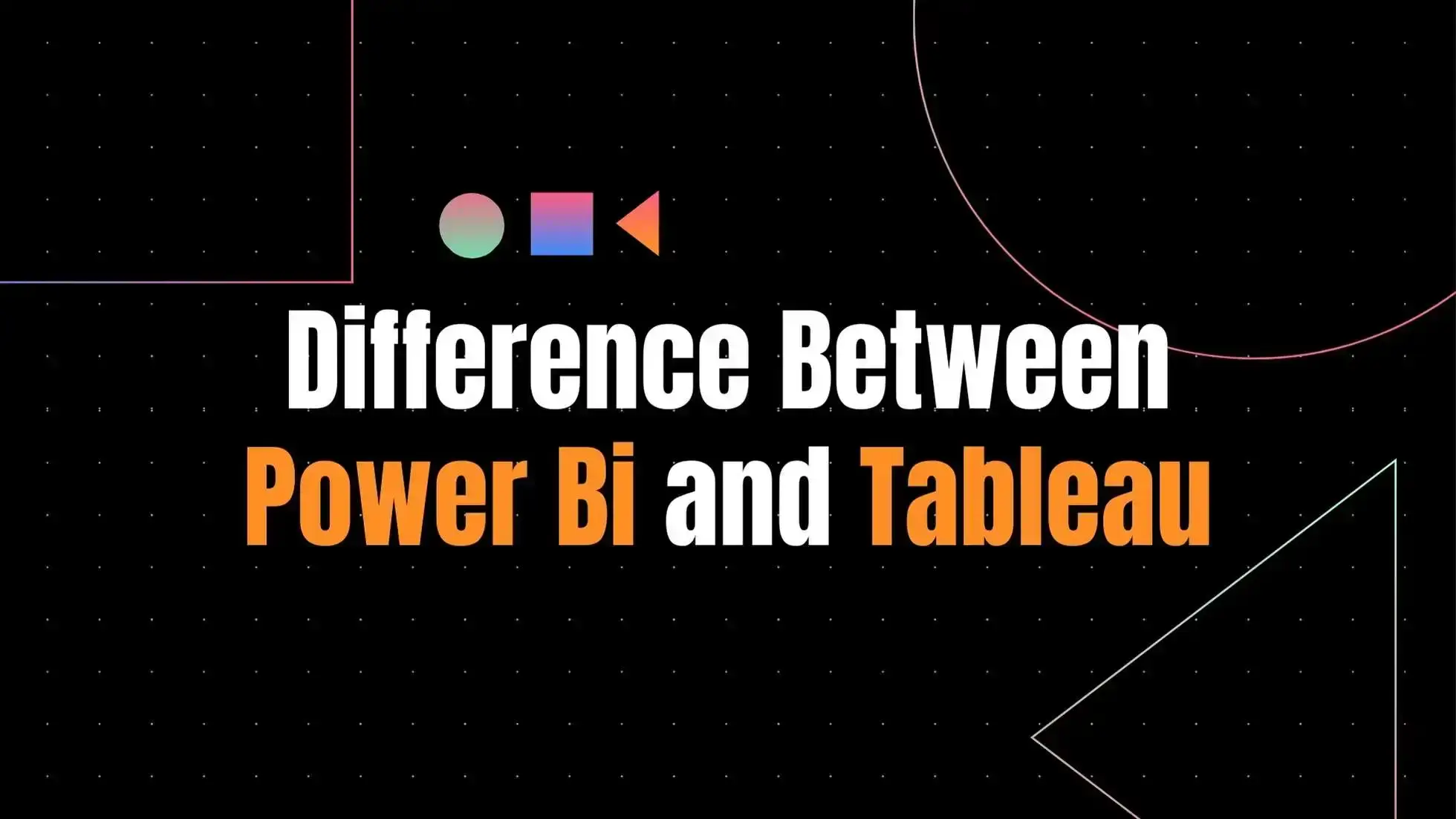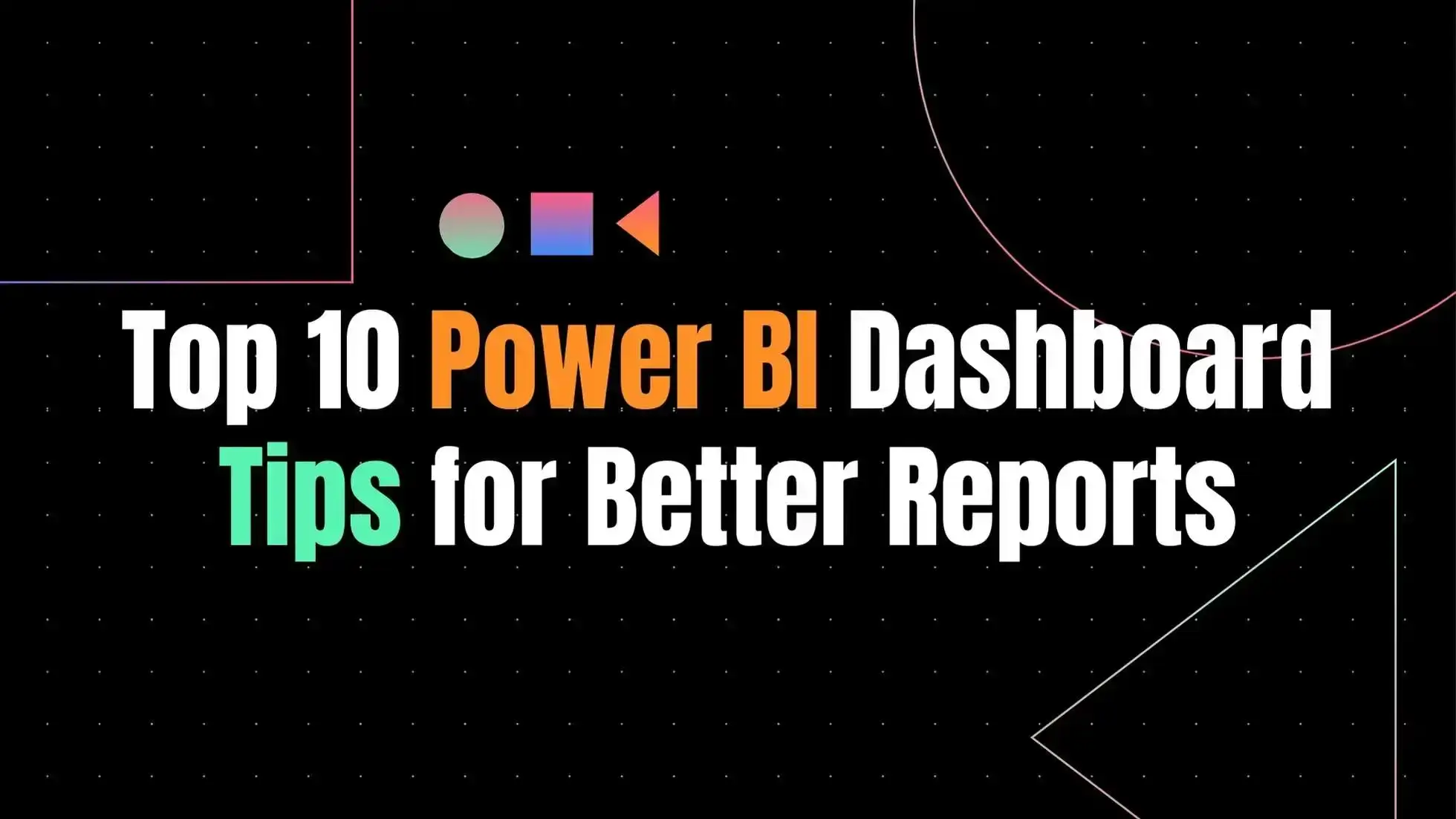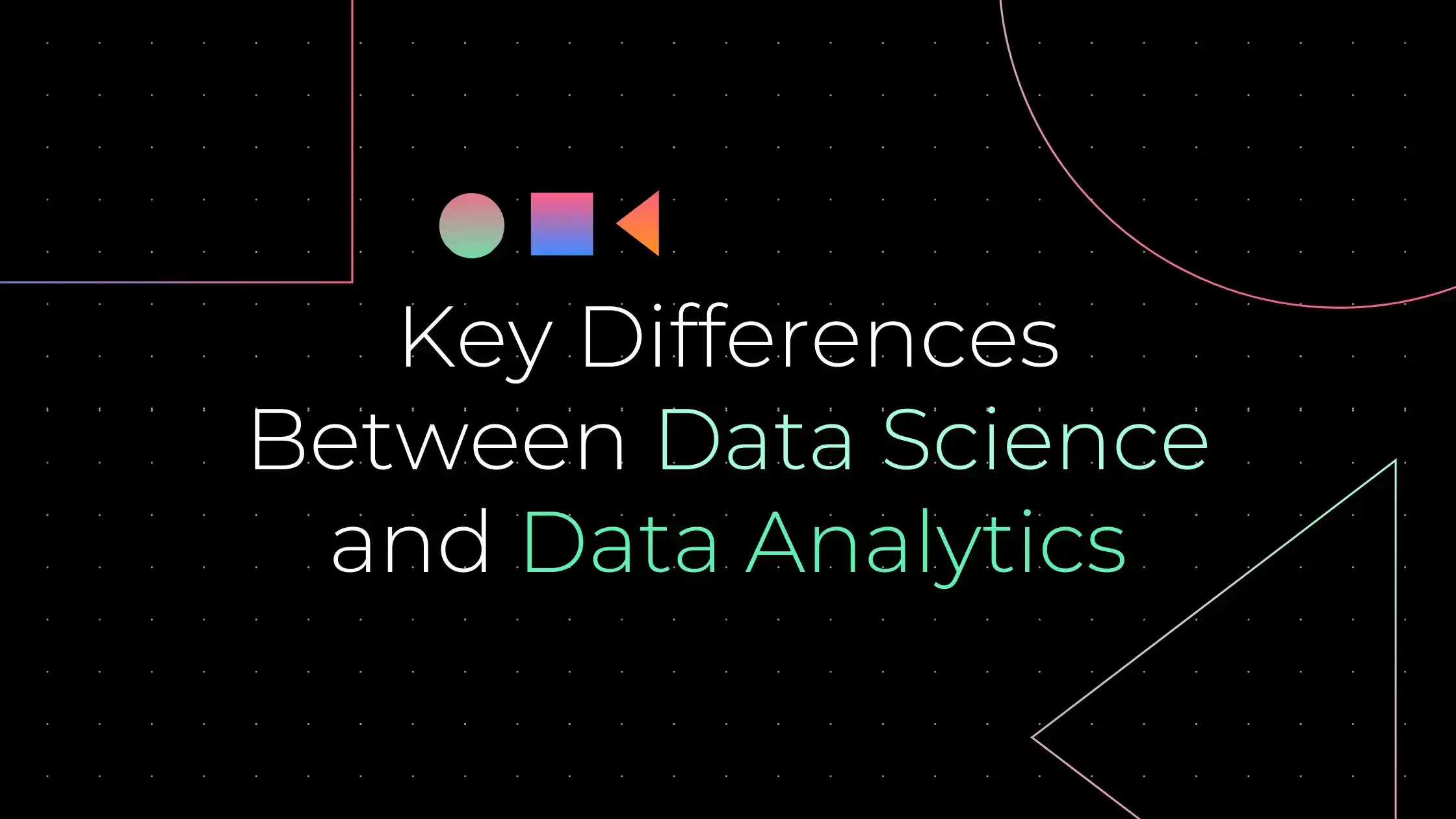Introduction
You may have heard of public cloud, but what is it exactly? And more importantly, should you be using it? In this article, we’ll answer all of your questions about public cloud, including what it is, how it works, and the benefits and drawbacks of using it.
What Is Public Cloud?
You may have heard the term public cloud, but what does it actually mean?
Public cloud is a model for delivering IT services, where the infrastructure is provided by a third party and made available to customers over the internet. This infrastructure can be used to host applications, store data, or provide other services.
Public cloud services are typically priced on a pay-as-you-go basis, so you only pay for the resources you use. This makes them a very cost-effective option for businesses of all sizes.
Benefits of Public Cloud
Public cloud is a great way to outsource your infrastructure and operations. It can save you time and money, while giving you the flexibility to scale your resources up or down as needed.
Plus, you don’t have to worry about maintaining your own hardware or worrying about server crashes. That’s all taken care of by the cloud provider. All you need to do is access your applications and data from any device, anywhere in the world.
So what are you waiting for? Check out the public cloud today and see how it can help your business grow.
Drawbacks of Public Cloud
While public cloud does have a lot of upside, there are some potential drawbacks you should be aware of before making a decision.
For starters, your data is out in the open and could be accessed by anyone. In addition, if you’re not careful you could quickly run up against your cloud provider’s bandwidth cap and start incurring hefty overage fees.
Another thing to consider is that public cloud is less reliable than private cloud. If you need your applications to be up 100% of the time, public cloud may not be the best option for you.
How Public Cloud Works
You may have heard about public cloud, but you’re not sure what it is. Public cloud is a type of cloud computing where resources are shared by multiple clients. It’s a model that delivers compute, storage, and networking resources as a service.
Public cloud providers, such as Amazon Web Services (AWS), Microsoft Azure, and Google Cloud Platform, make their infrastructure available to the general public. This means that businesses of all sizes can take advantage of these services to help them run their operations.
The public cloud is a great option for businesses that need more flexibility and don’t want to invest in their own infrastructure. It’s also a good choice for businesses that are in the early stages of growth and don’t want to commit to a long-term contract.
Types of Public Cloud Services
So what are the different types of public cloud services? Broadly speaking, there are three types: Infrastructure as a Service (IaaS), Platform as a Service (PaaS), and Software as a Service (SaaS).
IaaS is all about renting compute power, storage, and networking from the provider. With PaaS, you get more than just compute power you also get a platform on which to build your applications. SaaS is the most popular type of public cloud service, and it’s basically software that’s hosted by the provider and delivered to you over the internet.
Each type of service has its own set of pros and cons, and it’s important to understand them before you make a decision about which one is right for you.
Public Cloud Providers
Not sure what the public cloud is? Don’t worry, you’re not alone. A lot of people are still trying to figure out exactly what it is and how it works.
In a nutshell, the public cloud is a model where computing resources are provided as a service over the internet. This means that you can access them from anywhere in the world, as long as you have an internet connection.
Public cloud providers make their money by renting out these resources, which is why they tend to be cheaper than buying your own hardware. And because the providers are handling all of the maintenance and updates, you don’t have to worry about anything falling behind or becoming obsolete.
Conclusion
The public cloud is a type of cloud computing that offers resources and services to anyone on the Internet. It is a great option for businesses and individuals who need scalable, pay-as-you-go services.
There are many benefits to using the public cloud, including reduced costs, increased flexibility, and improved scalability. However, there are also some risks to consider, such as security threats and data breaches.
If you are thinking about using the public cloud, it is important to do your research and weigh the pros and cons. Talk to your IT team and decide if the public cloud is right for you.







